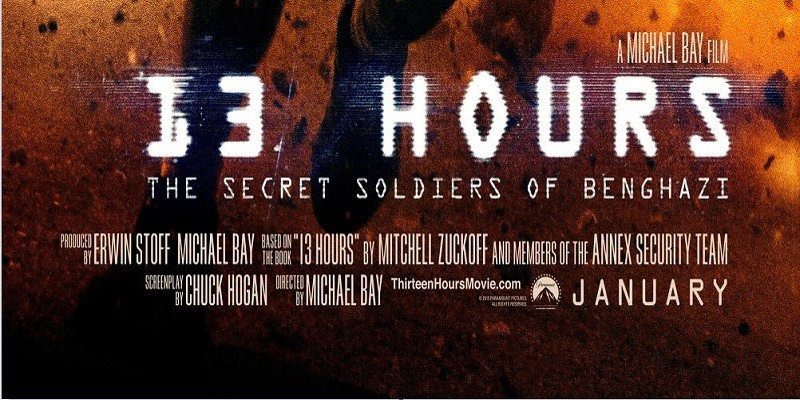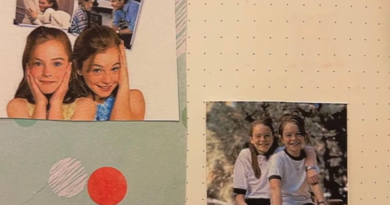The Truth in Michael Bay’s “Secret Soldiers of Benghazi”
By CALVIN JORDAN
Managing Editor
As viewers flock to theaters nationwide in anticipation of director Michael Bay’s latest release, “13 Hours: The Secret Soldiers of Benghazi,” film critics, political pundits and moviegoers alike have begun another round of discussion focusing on the fateful affair.
The 2012 attacks on two United States facilities in war-torn Libya have remained a source of political firepower and diplomatic discussion ever since their initial appearance on global news headlines. Government officials on both sides of the congressional aisle voiced their concerns (or lack thereof) regarding the matter early on, though the general American population continued on mostly unaware of what in fact transpired on that deadly day.
Mitchell Zuckoff, author of the book “13 Hours” on which the film is based, noted that the duty to retell the events of Benghazi was “[really] a privilege, and a responsibility.”
While watching “Secret Soldiers,” audience members will likely notice a distinct absence of news footage, in addition to a lack of focus on the decisions made by the higher-up government entities. This is clearly the work of director Bay, screenwriter Chuck Hogan and producer Erwin Stoff; by honing in on the actual events before the whirlwind of emotions, viewers are allowed to come to their own conclusions.
Kris ‘Tanto’ Paronto, one of the many real-life heroes who defended the men and women of the compromised diplomatic compounds, expressed his belief that the final cinematic work will change widespread perceptions of the attack. While many have spoken of the attack with angry or bitter hearts, Paronto believed that these negative emotions are the manifestation of politicizing an unpredictable tragedy.
“[The] truth wasn’t being told,” asserted Paronto. “Benghazi should be looked at as a motivation, not [with] some negative connotation.”
Regardless of what viewers might be thinking upon exiting the film, there is no doubt that the movie itself feels entirely honest from beginning to end. Though shooting could not be carried out in Libya, the majority of photography was captured on location in Malta and Morocco, which helped to add a certain regional authenticity to the shots exhibited in the film.
One of the most memorable scenes takes place toward the close of the film following the sunrise battle fought between Libyan radicals and the Americans. As the heroes make their way back to home, the wives and families of the slain Libyans are shown mourning their losses with tears and anguish.
When asked about that particular moment, Bay responded that his decision to include the scene was inspired by the reality that there were no real winners in the struggle that ensued that night, which is the honest truth when looking at any international conflict.
And that is just what this film feels like—the honest truth.




